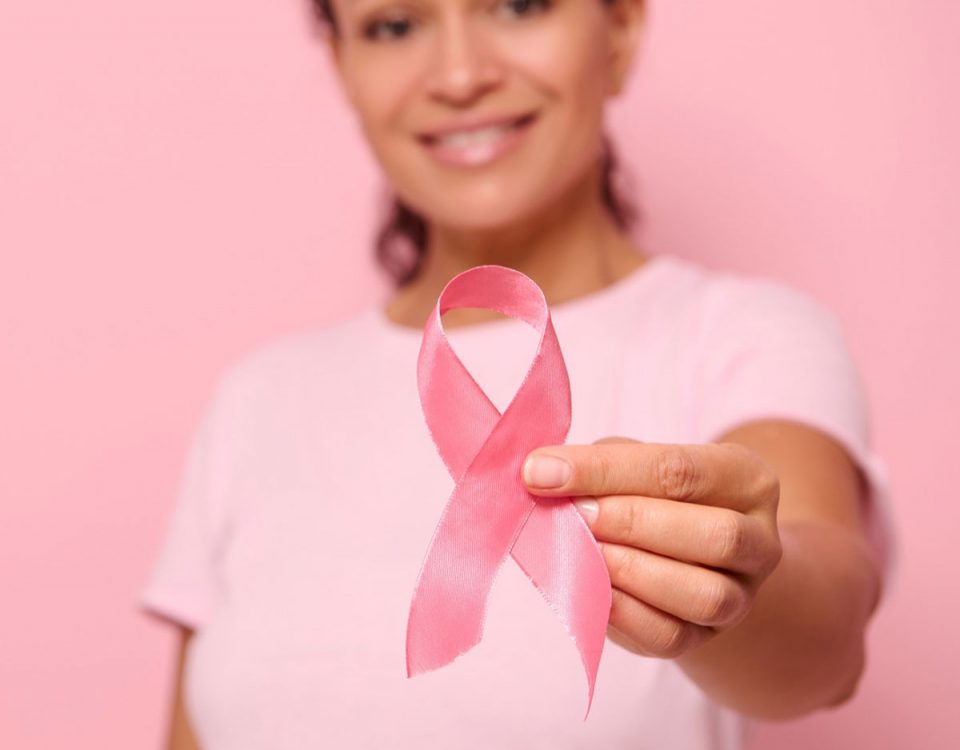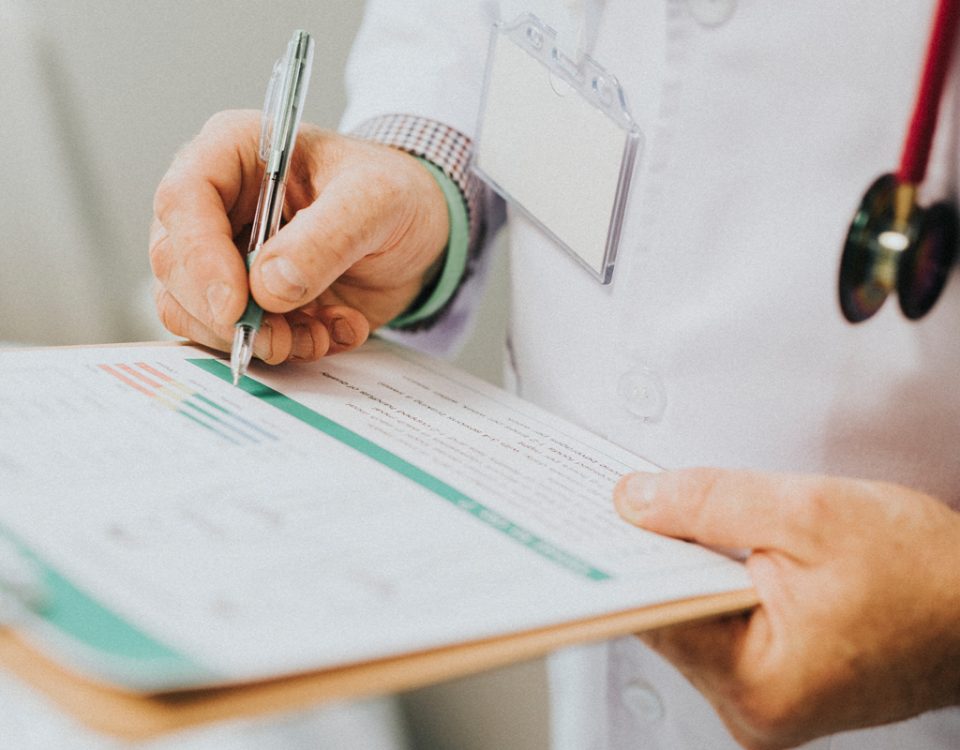
Preparing for Your Egg Freezing Cycle: What to Expect and How to Get Ready
October 22, 2025
Fertility Preservation and Breast Cancer Awareness: Protecting Hope, Health, and the Future
October 22, 2025Understanding Egg Quality vs. Egg Quantity: What Really Matters for Your Fertility
By Nicole Arencibia, APRN, Fertility Center of Miami
W hen it comes to fertility, two key factors often come up: egg quality and egg quantity. While they sound similar, they represent very different aspects of reproductive health, and both play a crucial role in your fertility journey.
At Fertility Center of Miami, we believe that understanding the difference between the two helps you make confident, informed decisions about your future.

1. What Is Egg Quantity?
Egg quantity refers to how many eggs your ovaries are capable of producing. Every woman is born with a finite number of eggs, typically around one to two million at birth. This number naturally decreases over time as eggs are released during ovulation or lost through natural processes.
By the time puberty begins, the number of eggs drops to around 300,000–400,000, and only about 300–500 will ever be ovulated in a lifetime.
To evaluate your egg quantity, fertility specialists use specific tests, including:
- Anti-Müllerian Hormone (AMH) Test: AMH is a hormone released by the small follicles in your ovaries. A higher AMH level usually means you have a greater number of eggs remaining, while a lower level can suggest a reduced ovarian reserve.
- Antral Follicle Count (AFC): This ultrasound test counts the small follicles visible in your ovaries at the start of your menstrual cycle. These follicles represent the eggs your body could recruit that month.
Together, AMH and AFC give your fertility specialist a picture of your ovarian reserve, or egg quantity.
2. What Is Egg Quality?
While quantity tells us how many eggs you have, egg quality tells us how healthy those eggs are, and that’s a vital distinction.
High-quality eggs are more likely to develop into healthy embryos after fertilization, which increases your chances of a successful pregnancy. The most significant factor that affects egg quality is age. As women age, the DNA inside the eggs becomes more prone to abnormalities, making fertilization or embryo development less likely.
- Younger eggs tend to have a higher chance of becoming viable embryos.
- Older eggs may have a higher rate of chromosomal abnormalities, which can impact fertility or increase the risk of miscarriage.
That’s why two women can have the same number of eggs, but experience very different fertility outcomes depending on their age and egg quality.
3. Age and Its Impact on Fertility
Egg quality naturally begins to decline around the mid-30s, with a more noticeable decrease after age 37. However, every woman’s fertility story is unique, and these timelines can vary.
This is also where egg freezing (oocyte cryopreservation) becomes a powerful option. Freezing your eggs at a younger age allows you to preserve higher-quality eggs for future use, even if your egg quantity or quality decreases later in life.
At Fertility Center of Miami, we often use an egg freezing counseling tool to help guide this discussion. This personalized approach takes into account your age, hormone levels, and fertility goals to design a plan that fits your timeline and priorities.
4. Balancing Egg Quality and Quantity
Both egg quality and egg quantity matter, but in different ways.
- If your egg quantity is low, there may be fewer eggs to retrieve or fertilize.
- If your egg quality is poor, even a large number of eggs may not result in healthy embryos.
- A woman in her late 20s may have a moderate egg count but excellent egg quality, ideal for egg freezing.
- A woman in her early 40s might still have several eggs left, but a lower percentage may be genetically normal, so timing and planning are critical.
By understanding your specific balance of egg quality and quantity, you and your fertility specialist can make the most informed decisions about your next steps.
How Egg Freezing Can Help You Take Control
Egg freezing is not about urgency or fear; it’s about creating options.
When you freeze your eggs at a younger age, you’re preserving them at their current level of quality. That means, even years later, you can use those younger, healthier eggs when you’re ready to start a family.
Egg freezing can be empowering for many reasons:
- It provides peace of mind and flexibility for your future.
- It allows you to focus on your career, relationships, or personal goals without the pressure of a biological clock.
- It can help you feel in control of your fertility, no matter what life brings.
At Fertility Center of Miami, we guide patients through the process step by step, from fertility testing to stimulation, retrieval, and freezing, with compassion and clarity. Our goal is to help you make confident choices about your reproductive health.
6. Making Informed Decisions About Your Fertility
Understanding your fertility is the first step in taking charge of it. Whether you’re curious about your current fertility status or actively planning for the future, knowledge is power.
Egg quality and quantity are important indicators, but they are just part of a bigger picture that includes your overall health, lifestyle, and reproductive goals.
Our fertility specialists can help interpret your test results and design a personalized strategy for your unique situation, whether that means trying to conceive soon or preserving your fertility for later.
Ready to Learn More About Your Fertility?
Your fertility journey is deeply personal, and it should move at your pace, on your terms.
If you’d like to better understand your egg quality, quantity, and fertility preservation options, schedule a consultation with Fertility Center of Miamitoday.
Our expert team will guide you through every step, from testing to treatment, so you can make informed decisions about your future.
Contact Fertility Center of Miamito book your consultation and take control of your reproductive health today.











